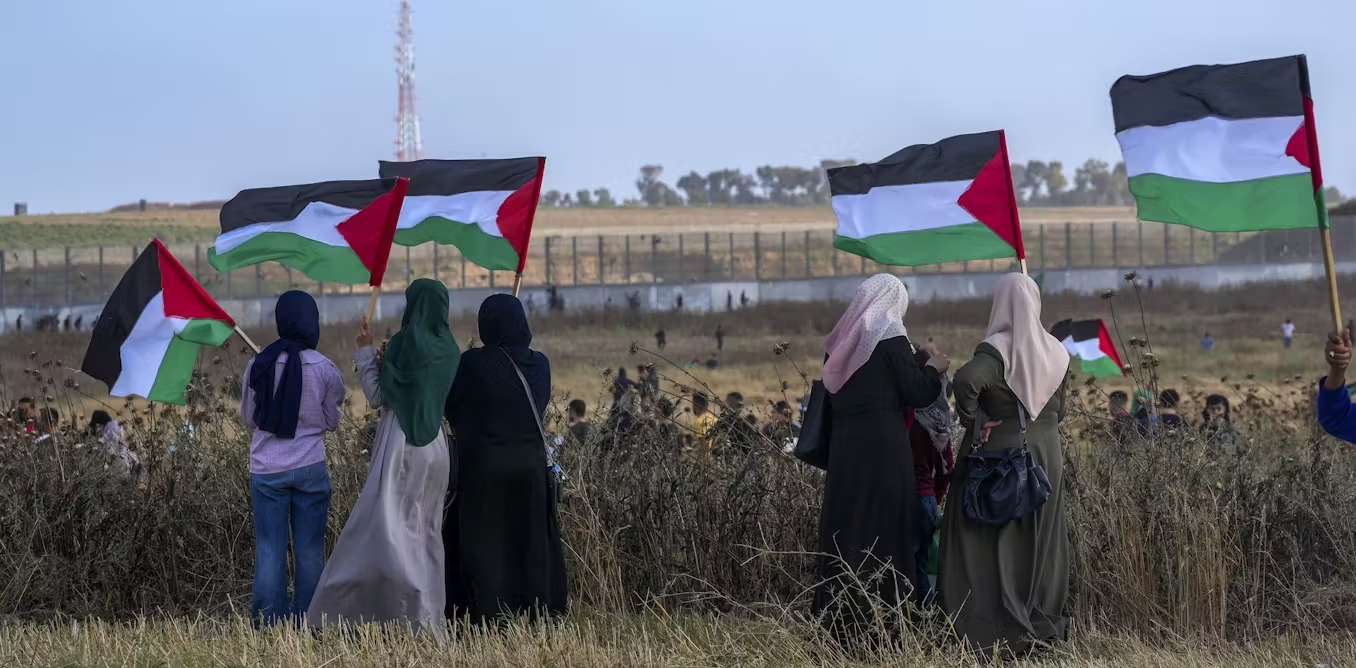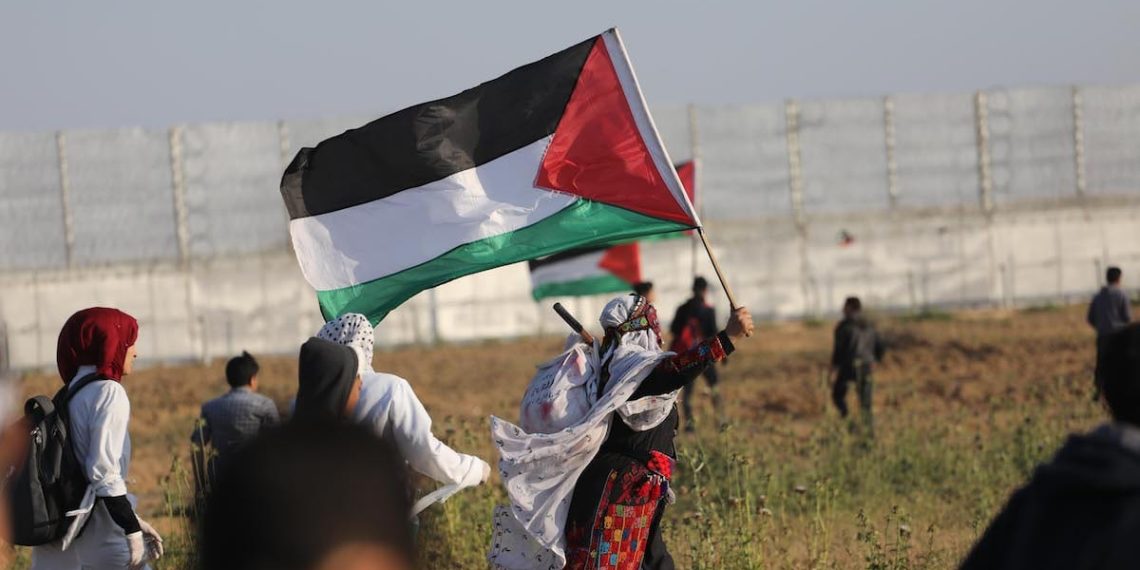The topic of a Palestinian state has reignited global discourse, causing tension between Israel and the US. While President Biden advocates for a two-state solution, Prime Minister Netanyahu opposes Palestinian independence. The UK considers recognizing Palestine, while Saudi Arabia links normalization with Israel to statehood resolution.
However, amidst these discussions, the Palestinian perspective remains marginalized. Many Palestinians distrust foreign promises, seeking tangible actions like ending Israeli occupation and settlement expansion.
Israel’s control over the West Bank and Gaza, stemming from the 1967 war, impedes Palestinian sovereignty. Settlement growth and violence exacerbate tensions, with settler attacks rising unchecked.
Recent US sanctions on settlers signal a shift, yet Palestinians view them skeptically. They demand comprehensive measures against settlers and genuine commitment to statehood.
Public sentiment in Ramallah echoes this skepticism. Palestinians demand unity among factions before pursuing a two-state solution. Dissatisfaction with the Palestinian Authority and President Abbas is rampant, reflected in calls for his resignation.

Meanwhile, institutions like Orient House, once symbols of Palestinian aspirations, lie dormant in East Jerusalem. Organizations like PASSIA continue the struggle for statehood amid skepticism about international sincerity.
Critics argue that international calls for a Palestinian state often serve to deflect from urgent issues, like the Gaza crisis. Past promises of peace have faltered, reinforcing skepticism about current efforts.
Ultimately, Palestinian statehood remains a distant goal, overshadowed by geopolitical complexities and historical mistrust.




